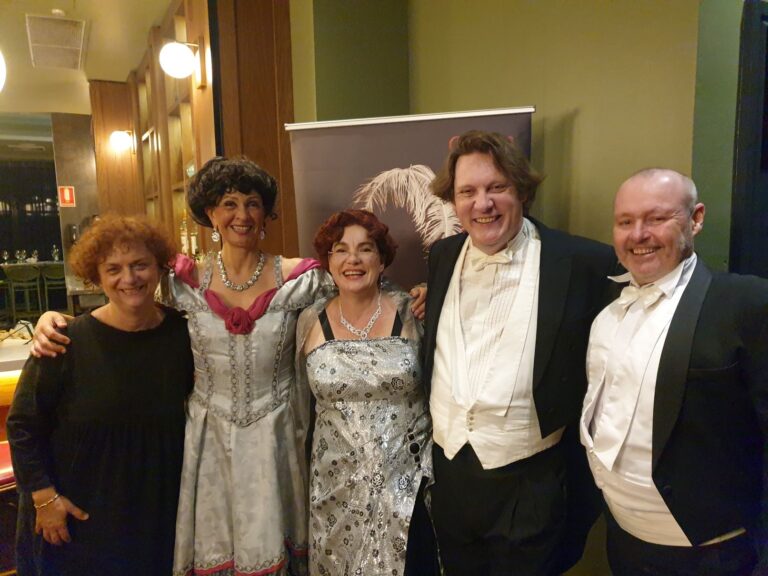
The Whale Warrior of Kings Cross
Image caption: A daring sea assault against the Shonan Maru 2.
Six months ago Glenn Lockitch was driving his cab around Sydney, now he’s rocketing through an Antarctic ice field in a jet black Zodiac lifeboat. One wrong turn, one mistimed manoeuvre, one collision, and the Zodiac will be torn open, meaning he and the rest of the crew are done for.
To his left the Japanese whaling fleet’s security vessel, the Shonan Maru 2, is doing everything it can to slow them down – the whale hunters are terrified. Next to him Glenn’s crew mates are arming themselves with butyric acid and paint-bombs.
It’s the final day of Japan’s 2009-10 Antarctic whale hunt, and time for one last assault on the whaling fleet.
Lockitch worked as the Sea Shepherd’s photojournalist during it’s most recent campaign, Operation Waltzing Matilda, the group’s most successful anti-whaling campaign to date. During the three months he was at sea, Sea Shepherd saved an estimated 528 whales. It also saw the Japanese upping the ante by ramming and sinking the Ady Gil, the ‘James Bond’ ship.
“As far as I’m concerned, that was an attempted murder,” he says with disgust, as we sit down for coffee in a Kings Cross cafe.
He’s been back on land for months now, but you can see his heart’s still at sea – he’s decked out in a Sea Shepherd beanie and shirt, and he wears them like badges of honor.
Lockitch found his passion for photojournalism after taking snaps of a riot that erupted near the Berlin wall just weeks before it came down. “I walked away with images in my camera, and felt like I’d just written a part of history and realised how powerful photojournalism could be,” he remembers. Although he worked primarily as a taxi driver, it was a passion that stayed with him.
He applied for a photojournalist position with the Sea Shepherd after having his drivers license suspended. Two weeks later they called him back. He sold his car, bought a plane ticket and was off.
“They’re not just banner-waving,” he answered, when asked why he chose the Sea Shepherd. “They are real direct action, stopping whaling and not waiting for the bureaucracy to solve it.”
Lockitch is no stranger to trouble making. He grew up in South Africa and his family was heavily involved in the anti-apartheid struggle. His aunt and uncle were among the most vocal – the unlce ended up in gaol, and the aunt was assassinated – something that’s influenced his anti-authoritarian attitude.
“My family inspired me, they were victims of injustice… Photojournalism for me is a way that I can expose that injustice,” he says.
A series of his photos from his months aboard the Bob Barker will be featured in the upcoming Shutterbug photography festival – an annual event celebrating the work of Australian photographers – and appearing in an upcoming feature spread in Rolling Stone Magazine.
By Kieran Adair









